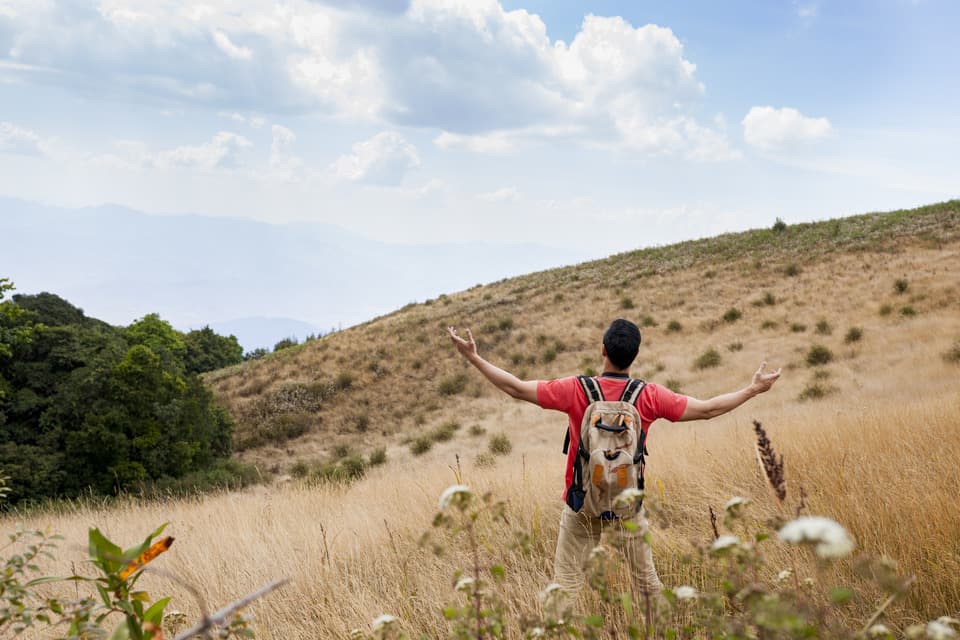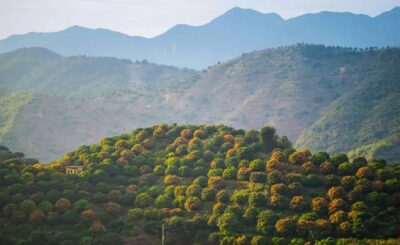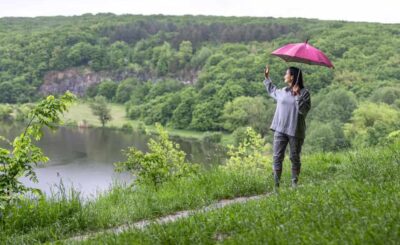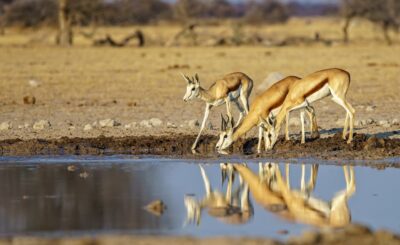Embarking on a solo adventure can be one of the most liberating and rewarding experiences, and a safari in Tanzania offers a unique opportunity to explore some of the world’s most breathtaking landscapes and diverse wildlife. Tanzania, with its iconic national parks, rich culture, and stunning scenery, is an ideal destination for solo travelers seeking both adventure and solitude. Here’s a comprehensive guide to planning your solo safari tour in Tanzania, complete with tips and recommendations to make your journey safe, enjoyable, and memorable.
Why Choose Tanzania for a Solo Safari?
1. Diverse Wildlife and Iconic National Parks Tanzania is home to some of the most famous national parks and wildlife reserves, including the Serengeti National Park, Ngorongoro Crater, and Tarangire National Park. These parks offer unparalleled opportunities to see the Big Five (lion, leopard, elephant, buffalo, and rhinoceros) and witness the Great Migration, one of nature’s most spectacular events.
2. Safety and Stability Tanzania is known for its stability and safety for tourists. The country’s tourism infrastructure is well-developed, and the Tanzanian government prioritizes the safety of visitors. Solo travelers can feel secure while exploring the wilderness, as many lodges and camps have robust security measures in place.
3. Solo-Friendly Accommodations Many lodges and camps in Tanzania are accustomed to hosting solo travelers. These accommodations often offer communal dining areas, shared game drives, and social activities, making it easy to meet and connect with other travelers.
4. Rich Cultural Experiences Beyond wildlife, Tanzania offers rich cultural experiences. Interacting with the Maasai people, exploring the historical streets of Stone Town in Zanzibar, and visiting local markets provide deep insights into the country’s heritage and traditions.
Planning Your Solo Safari
1. Timing Your Visit The best time to visit Tanzania for a safari is during the dry season, from late June to October. This period offers the best wildlife viewing opportunities as animals congregate around water sources. Additionally, the Great Migration takes place during these months, providing a unique spectacle of wildebeest and zebra moving across the Serengeti. If you prefer fewer crowds, consider visiting during the shoulder seasons (January to March and November to December).
2. Choosing Your Safari Destinations
- Serengeti National Park: Famous for the Great Migration, the Serengeti offers diverse wildlife and stunning landscapes. It’s a must-visit for any safari enthusiast.
- Ngorongoro Crater: This UNESCO World Heritage Site is one of the most unique safari destinations in the world. The crater is teeming with wildlife and provides a stunning backdrop for game drives.
- Tarangire National Park: Known for its large elephant herds and baobab trees, Tarangire offers a more tranquil safari experience with fewer tourists.
- Lake Manyara National Park: Famous for its tree-climbing lions and diverse birdlife, Lake Manyara is a great option for a day trip or a short stay.
3. Booking a Group Safari For solo travelers, joining a group safari can enhance the experience. Not only does it provide an opportunity to meet like-minded adventurers, but it also helps reduce costs. Group safaris are organized by various tour operators and typically include transportation, accommodation, meals, and guided game drives.
4. Considering Private Guided Tours If you prefer a more personalized experience, consider booking a private guided tour. This option allows you to tailor the itinerary to your interests and travel at your own pace. Although more expensive than group tours, private tours offer greater flexibility and a more intimate safari experience.
Solo Traveler-Friendly Accommodations
1. Luxury Lodges and Camps Many safari lodges and tented camps in Tanzania cater to solo travelers. Look for accommodations that offer communal dining, shared game drives, and social areas where you can meet other guests. Some recommended options include:
- Serengeti Serena Safari Lodge: This lodge offers a friendly atmosphere with communal dining and lounge areas, perfect for meeting other travelers.
- Ngorongoro Crater Lodge: Known for its luxurious accommodations and stunning views, this lodge encourages social interaction among guests.
- Tarangire Treetops: This unique lodge offers treehouse-style accommodations and communal dining, providing a cozy environment for solo travelers.
2. Budget Accommodations For budget-conscious solo travelers, hostels and budget lodges are available in gateway towns like Arusha and Moshi. These accommodations often organize group safaris and excursions, making it easy to join a tour and meet other travelers.
Safety Tips for Solo Travelers
1. Stay Connected Keep in touch with family and friends back home. Share your itinerary and check in regularly to let them know you’re safe. Consider getting a local SIM card or an international roaming plan to stay connected.
2. Choose Reputable Tour Operators Book your safari through reputable tour operators with positive reviews. This ensures that you are in the hands of experienced guides who prioritize safety and provide a high-quality experience.
3. Follow Safety Guidelines Always follow the safety guidelines provided by your guides. This includes staying inside the vehicle during game drives, keeping a safe distance from wildlife, and being cautious in areas known for malaria or other health risks.
4. Trust Your Instincts As with any solo travel, trust your instincts and be aware of your surroundings. If something feels off or unsafe, don’t hesitate to voice your concerns or remove yourself from the situation.
Enhancing Your Solo Safari Experience
1. Embrace the Experience Solo travel offers a unique opportunity for self-discovery and personal growth. Embrace the freedom to explore at your own pace and take time to appreciate the beauty and tranquility of the African wilderness.
2. Engage with Others While solo travel allows for solitude, it also provides numerous opportunities to meet new people. Engage with fellow travelers, guides, and locals. Sharing stories and experiences can enrich your journey and create lasting memories.
3. Capture the Moments Bring a good camera or smartphone to capture the incredible wildlife and landscapes. Take the time to document your journey through photos, journals, or blogs. These memories will be cherished for years to come.
4. Extend Your Adventure Consider extending your trip to explore other parts of Tanzania. Visit the beautiful beaches of Zanzibar, hike Mount Kilimanjaro, or explore the historic town of Bagamoyo. Tanzania offers a wealth of experiences beyond the safari.
Final Thoughts
A solo safari in Tanzania is an adventure of a lifetime, offering unmatched wildlife encounters, stunning landscapes, and rich cultural experiences. With careful planning and an open mind, solo travelers can enjoy a safe, rewarding, and unforgettable journey through one of Africa’s most captivating destinations. So pack your bags, embark on your solo adventure, and let the wild beauty of Tanzania inspire and transform you.






